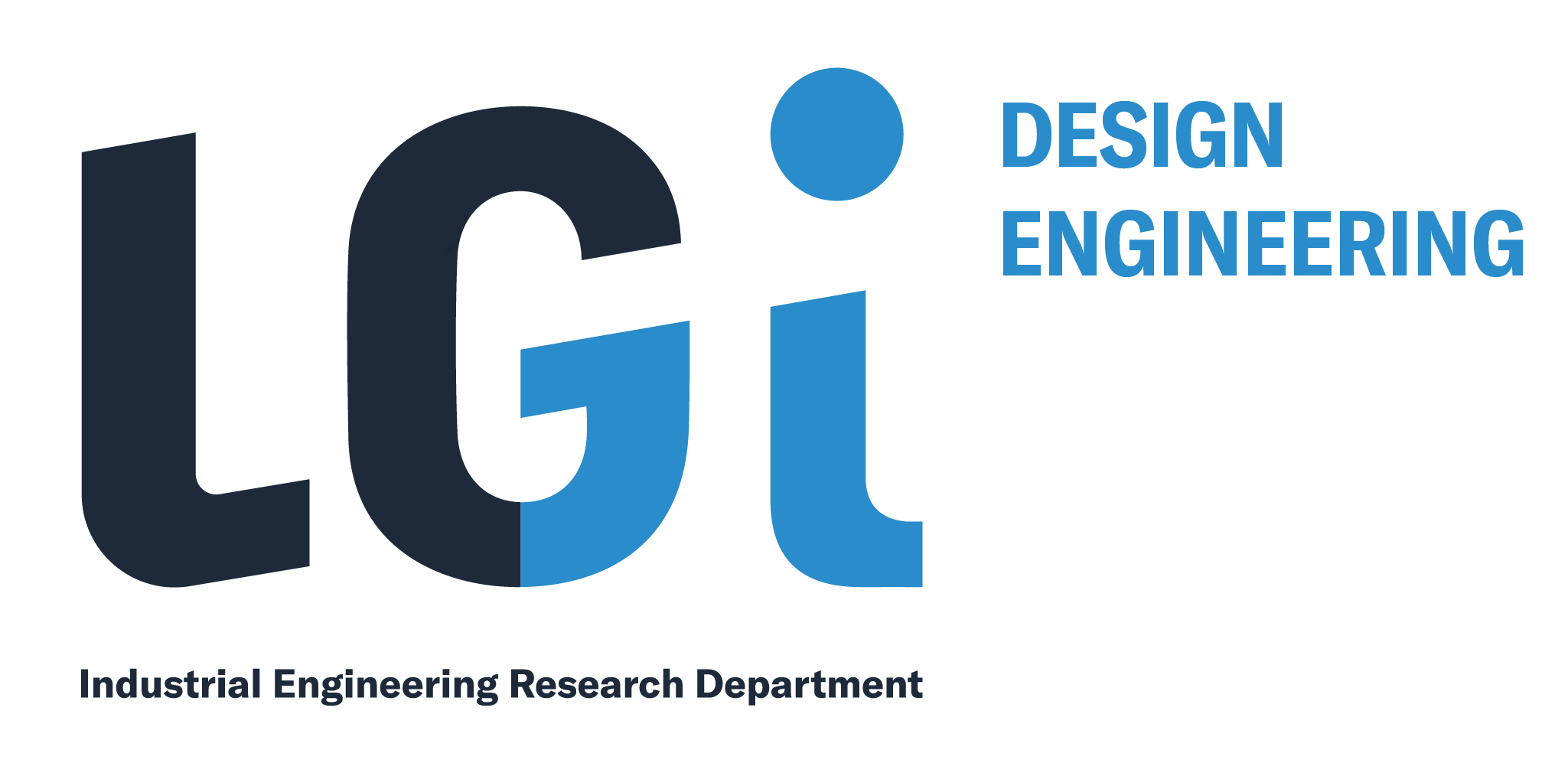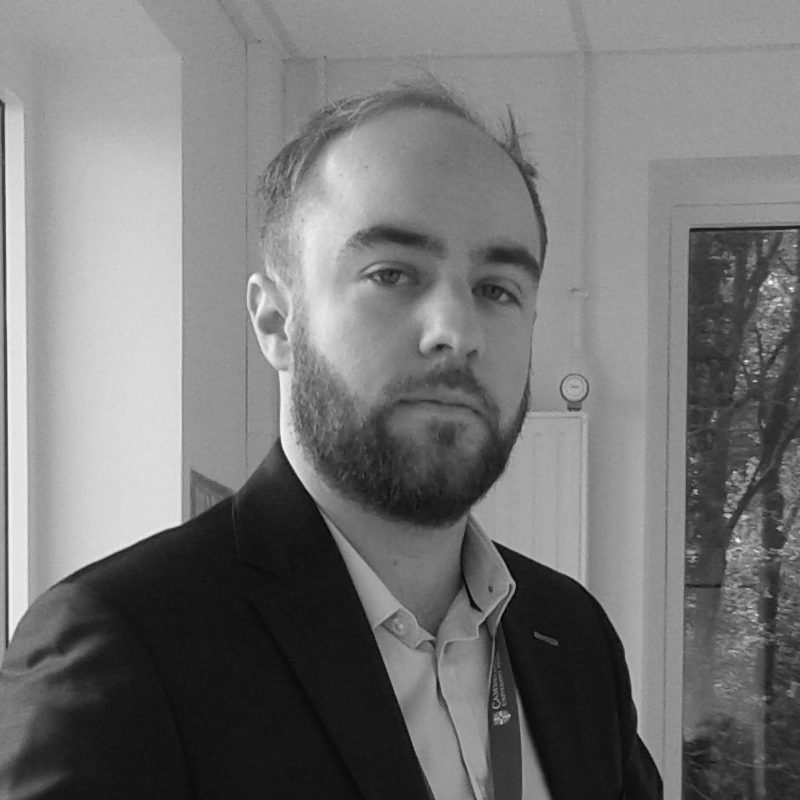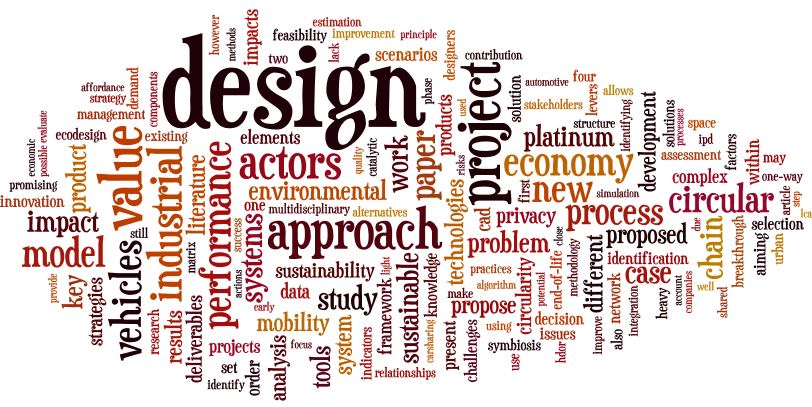Laboratoire Génie IndustrielEquipe de recherche Ingénierie de la ConceptionDomaines de recherche et résultatsNotre recherche vise à assister les activités de conception et d'ingénierie de systèmes complexes, en combinant les dimensions produit/service, processus et organisation. Les thèmes principaux concernent le diagnostic, la modélisation, l'analyse, la simulation et l'optimisation des systèmes complexes à travers 3 axes. 1. Conception de systèmes complexes : il s'agit de développer des méthodes et des outils d'aide à la décision pour la conception de produits/services/systèmes, d'organisations, de projets et de systèmes de systèmes. En 2020, les résultats dans le domaine des risques étaient notamment un cadre agile pour la gestion des risques de projet basé sur la théorie des systèmes complexes et une analyse de la propagation des risques liés aux contrats à travers un cadre original de facteurs de performance interdépendants. Le domaine automobile s'est concentré sur la structuration du support de connaissances dans le contexte de la conception assistée par simulation (un doctorat achevé). Enfin, plusieurs approches de conception et de modélisation soutenant la conception de systèmes de systèmes ont été proposées. Les contributions (3 doctorats achevés) ont étendu les cadres d'architecture de systèmes pour 1) soutenir le développement de voitures autonomes sur la base de la modélisation du contexte opérationnel, 2) soutenir le développement collaboratif de systèmes de systèmes de produits et de services et 3) soutenir la reconfi guration en combinant les phases de conception et d'utilisation (dans le contexte de l'IdO).
2. Conception de systèmes durables : vise à développer des méthodes et des outils pour modéliser, mesurer et optimiser les performances sustenables de systèmes complexes. En 2020, les activités de recherche ont particulièrement porté sur la mobilité durable, avec le lancement d'un projet EcoSD avec Stellantis sur l'éco-conception des systèmes de charge et des batteries pour la mobilité sur un territoire ou le lancement d'un numéro spécial MDPI Sustainability sur "Reconciling High tech and Low tech for sustainable urban mobility". Le développement de méthodologies d'éco-conception pour générer des architectures durables de systèmes industriels complexes, et le développement d'indicateurs de circularité restent des sujets de recherche majeurs. Sur ce dernier point, un appel à projet "Benchmark des indicateurs de circularité et liens avec l'ACV" lancé par ScoreLCA a été remporté conjointement avec Evea.
3. L'ingénierie de l'innovation consiste à combler le fossé entre la stratégie commerciale, la planification de la R&D, les feuilles de route des produits, le design conceptuel et les processus d'innovation. En outre, nous développons et améliorons une méthodologie d'innovation structurée et complète pour innover sur des systèmes complexes du point de vue des utilisateurs, appelée Radical Innovation Design® (RID). En 2020, les premiers développements d'une plateforme numérique ont été réalisés pour soutenir la méthodologie RID, ainsi que des avancées importantes dans les algorithmes de prise de décision et un jeu sérieux RID a été conçu et testé pour enseigner en s'amusant. De nouvelles recherches ont également été lancées sur le thème "Mobilité du futur et vie urbaine" de la chaire Anthropolis et se concentrent sur les futurs services de mobilité plausibles intégrés dans la vie urbaine des citoyens d'ici 2030-2050. Liens utilesCONTACTS:
|
 |


